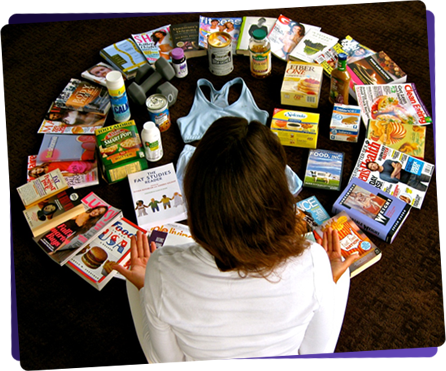Equality Equals…? Conference
April 5th-6th 2013
Sponsored by the Department of Communication Studies Graduate Student Association at The University of North Carolina at Chapel Hill
Monday, December 17, 2012
Tuesday, December 4, 2012
Call for Anthology Contributors: Thinking Dead: What the Zombie Apocalypse Means"
UDC member Murali Balaji is looking for contributors for a new anthology titled, Thinking Dead: What the Zombie Apocalypse Means. The deadline for submitting a chapter synopsis is December 15.
Zombies are everywhere these days. Rather than run away, we're seemingly embracing them. The popularity of zombies has reached a pinnacle with shows such as the Walking Dead - the highest rated drama on basic cable - and movies such as the Resident Evil series, Dawn of the Dead and various incarnations of zombie flicks. What does our obsession with zombies say about us as a consumer society? This anthology seeks to interrogate our obsession with the undead from a critical lens, offering us a variety of perspectives on zombie culture, consumption and the notion of these apocalyptic scenarios as our eternal fear of the other and ourselves.
Chapters must be 6,000-7,000 words in APA style.
200 word chapter synopses sent to murali.balaji@temple.edu no later than Dec. 15 with full manuscripts delivered by Feb. 1.
Monday, December 3, 2012
New book from UDC member John Sullivan: Media Audiences: Effects, Users, Institutions, and Power
 |
| Source: sagepub.com |
Whether we are watching TV, surfing the Internet, listening to our iPods, or reading a novel, we are all engaged with media as a member of an audience. Despite the widespread use of this term in our popular culture, the meaning of the "audience" is complex, and it has undergone significant historical shifts as new forms of mediated communication have developed from print, telegraphy, and radio to film, television, and the Internet. Media Audiences explores the concept of media audiences from four broad perspectives: as "victims" of mass media, as market constructions & commodities, as users of media, and as producers & subcultures of mass media. The goal of the text is for students to be able to think critically about the role and status of media audiences in contemporary society, reflecting on their relative power in relation to institutional media producers.This is a junior-senior level text, but is also suitable for entry-level graduate courses in audience studies.
Request a review copy here and get a discounted personal copy here.
Table of Contents after the jump...
Saturday, December 1, 2012
"Off the Menu" documentary explores the political economy of body and food through student work
 |
| Source: cinemaservesjustice.com |
What's wrong with the ways we relate to our bodies, to others' bodies, to eating, and to food - and what can we do about it?The film was screened and discussed at a recent NCA session:
Topics investigated include body and beauty ideals, body image, body dissatisfaction, eating disorders, muscle dysmorphia, our cultural fear and hatred of fat, anti-fat prejudice, and inequalities related to the U.S. food system.
The film features personal narratives and digital art composed by 24 students enrolled in a course called The Political Economy of Body and Food. A political economic lens helps us see: whose political and economic interests are served by the ways people in the U.S. tend to relate to our own bodies, to others' bodies, to eating, and to food? When we survey the contemporary landscape of body and food, who has what kind of power? Who profits, and at whose expense? How can everyday people resist and promote healthier relationships with body and food?For a full-length preview, contact Lisa Tillman.
See the film's website for ordering information.
Do you have a book, call for papers, conference panel, creative work, or other project that you'd like other UDC members to know about? Let us know.
Subscribe to:
Posts (Atom)
